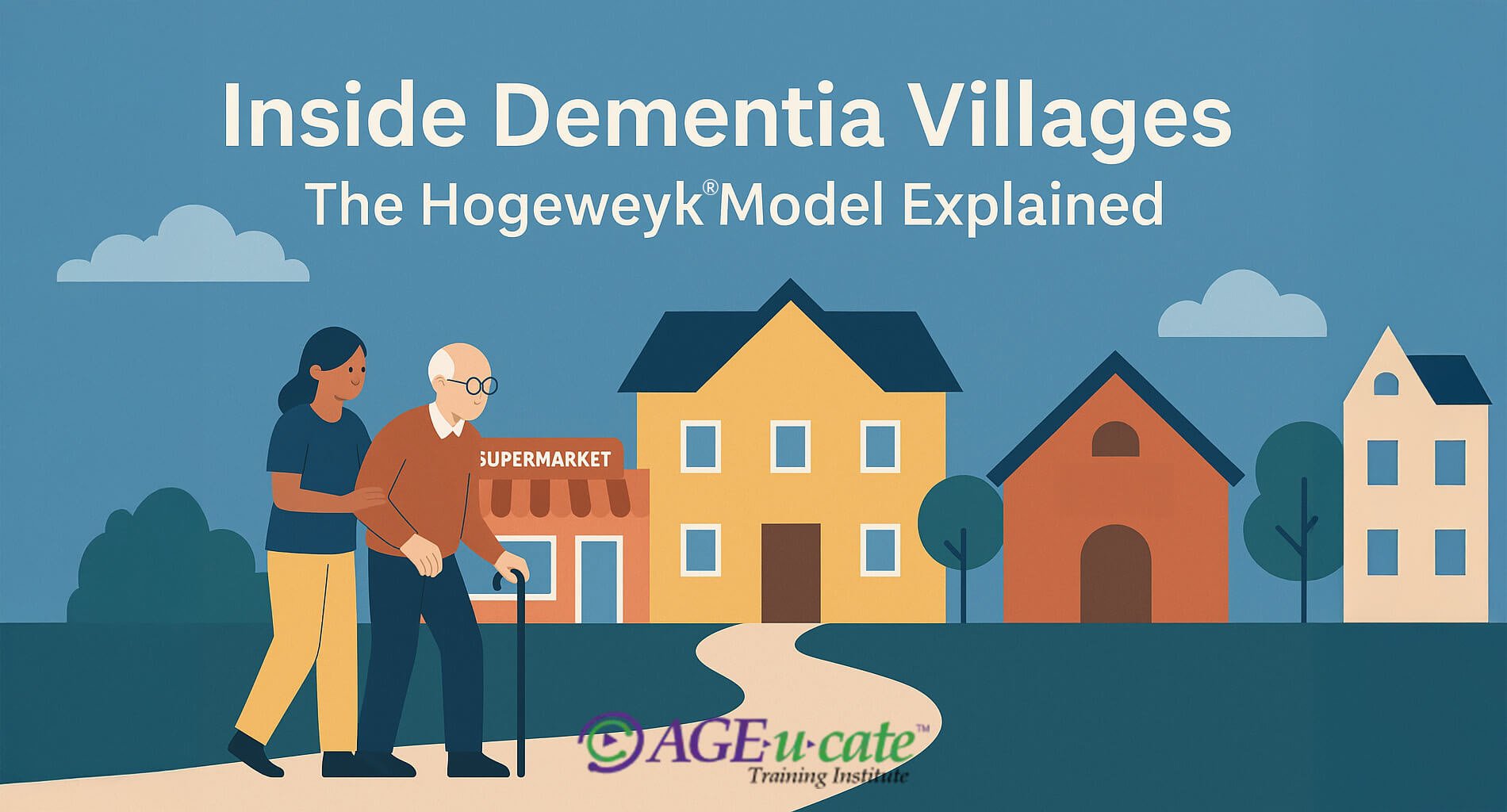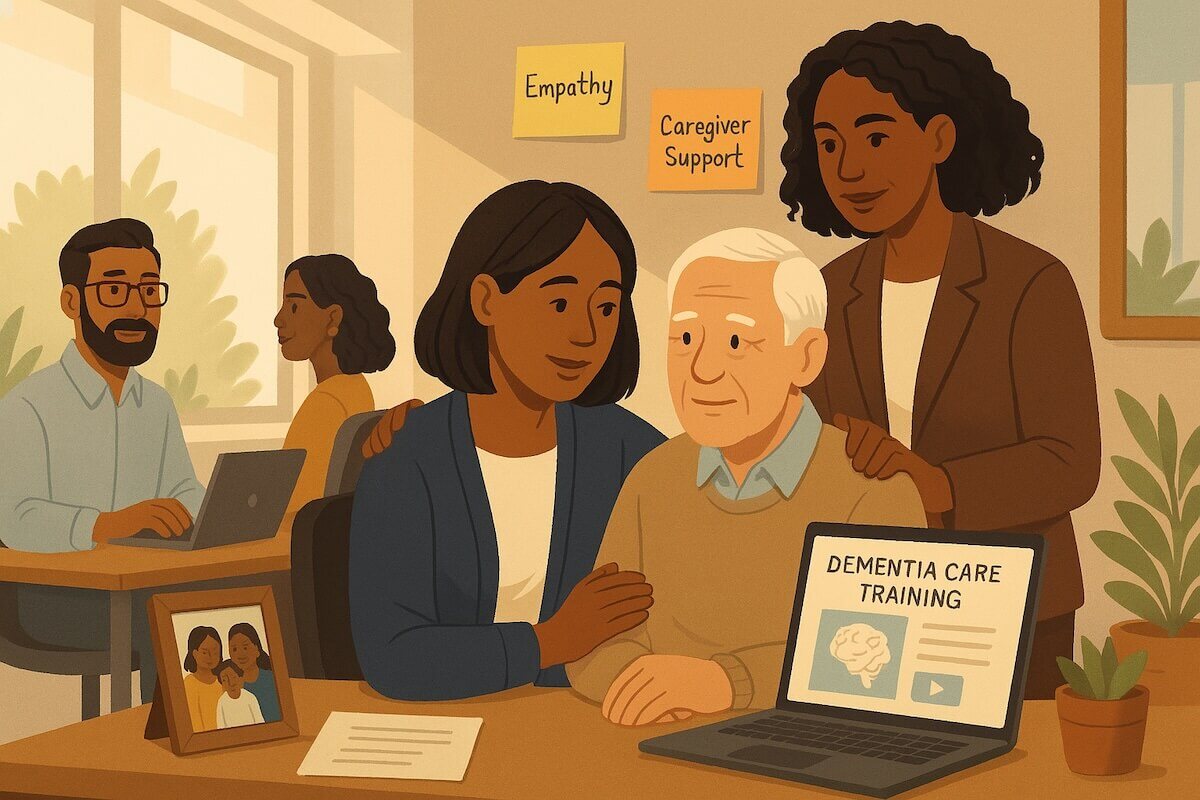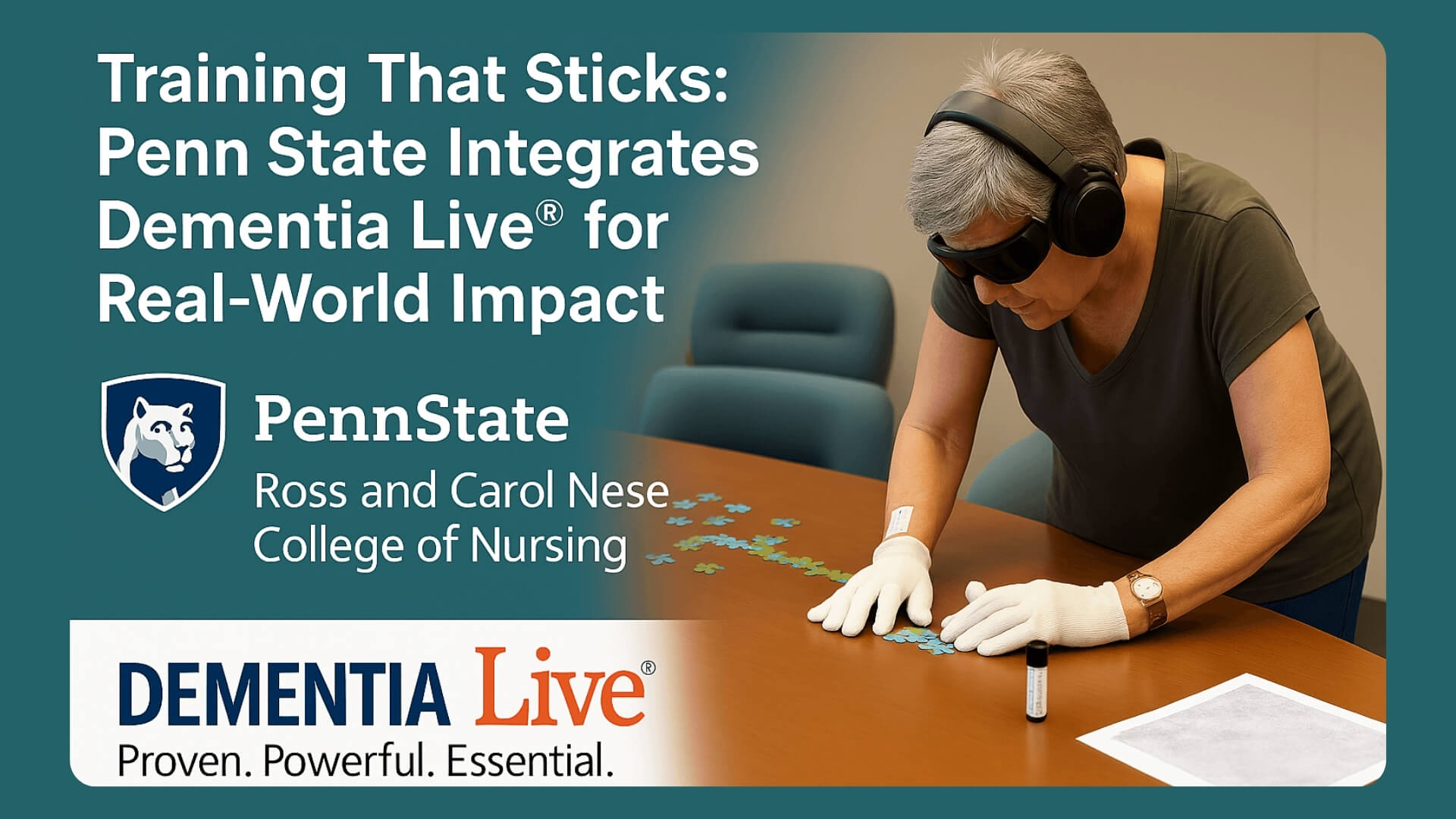Scalable Dementia Training for Caregivers That Delivers Real ROI
America at a Caregiving Tipping Point: Why Community-Based Training is the ROI We Can’t Afford to Ignore
The 2025 edition of the landmark Caregiving in the U.S. report, published by AARP and the National Alliance for Caregiving, reveals a sobering reality: over 63 million Americans are now providing unpaid care for loved ones. That’s one in every four adults. In just ten years, the number of caregivers in the U.S. has grown by more than 20 million. It’s not just a statistic. It’s a societal wake-up call.

.png)


.jpg)


